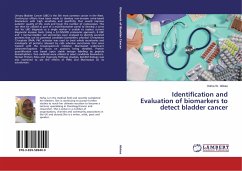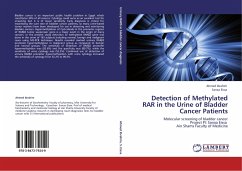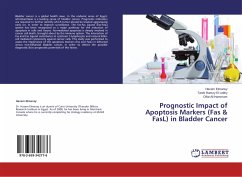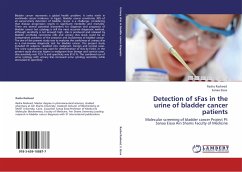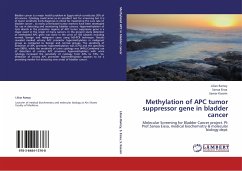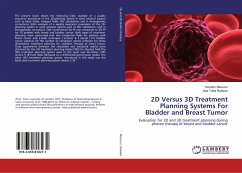Urinary Bladder Cancer (UBC) is the 5th most common cancer in the West. Continuous efforts have been made to develop non-invasive urine-based biomarkers with high sensitivity and specificity that would improve patients quality of life, costs and lower the number of cystoscopies. This can then be utilized as part of a multi-biomarker panel to develop a urine test for UBC diagnosis as a single marker is unable to replace current diagnostic invasive tools. Using a (LC-MS/MS) proteomic approach, 8 UBC and 1 normal bladder cell secretomes were analysed to identify secreted proteins that can be potential candidate biomarkers. phorbol 12-myristate 13-acetate (PMA; PKC activator was used to treat whole secretomes and investigate all proteins released by cells whereas secretomes that were treated with the broad-spectrum inhibitor, Marimastat underwent ultracentrifugation to focus on proteins being shedded. Protein quantification was based upon stable isotope labelling by peptide demethylation. Two methods were utilized to select candidate biomarkers: Human Protein Atlas and Ingenuity Pathway Analysis. EpCAM biology was also examined to see the effects of PMA and Marimastat on its ectodomain.
Bitte wählen Sie Ihr Anliegen aus.
Rechnungen
Retourenschein anfordern
Bestellstatus
Storno

